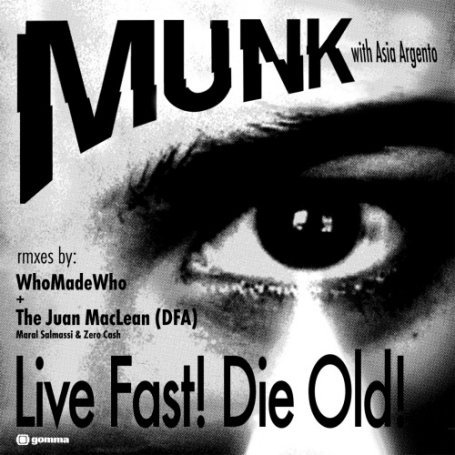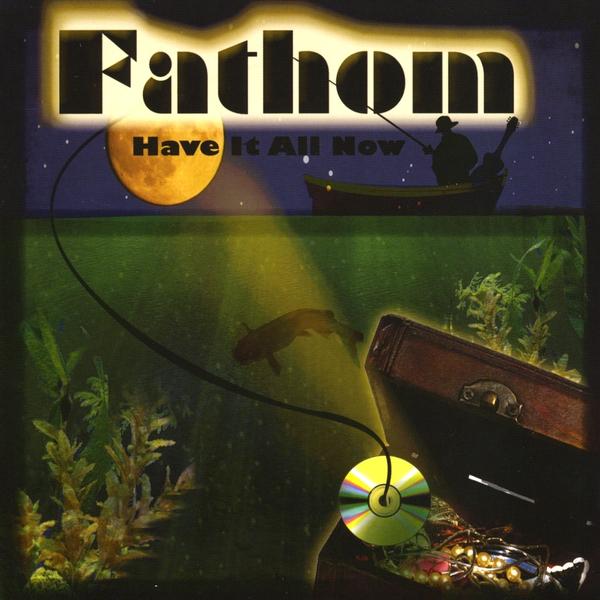
description
> is the idea that living faith naturally seeks a more complete understanding of God in relation to his creation. It has motivated Christian education from the very start. Although Ars quaerens intellectum--"art seeking understanding"--is by contrast a contemporary locution, in the Christian context of this volume it is a parallel to the more familiar phrase. "Art" here includes human making of the sort associated with any craft; this volume focuses on those usually called "fine" arts, namely poetry, painting, sculpture, and musical composition. The contributors to Art Seeking Understanding contend that art in almost any medium is typically born of a desire for some kind of understanding--perhaps of the potential in their medium, an aspect of the external world, or of the artist's own compulsion to create. An artwork may be prompted by a desire for greater understanding of transcendent realities. A distinctive value of the collaboration represented in this book is thus the reflection of artists themselves set alongside remarks by philosophers, theologians, literary critics, art historians, and musicologists. Together, these authors argue that there is a tacit if not explicit theological dimension to art-making that reveals itself readily in religious art but also in works that may have no such conscious motivation. The artist, like all human creatures, is made in the image of God ( imago Dei), but as both Scripture and tradition suggest, may in fact realize more intensively than the rest of us an aspect of the divine Maker. In turn, those who appreciate art may come to acquire an understanding of the nature of the Original Artist indirectly through allowing the works of gifted artists to spark their imaginative reflection. In this way, art "speaks" to us theologically in ways that substantially enrich our knowledge of our Creator and his creation. This volume invites readers to consider how God speaks, his characteristic poetic voice, and the influence of that voice on our knowledge of the holy.
member goods
No member items were found under this heading.
listens & views

INDESTRUCTIBLE BEAT OF SOWETO 1 ...
by INDESTRUCTIBLE BEAT OF SOWETO 1 / VARIOUS
COMPACT DISCout of stock
$11.99
Return Policy
All sales are final
Shipping
No special shipping considerations available.
Shipping fees determined at checkout.






